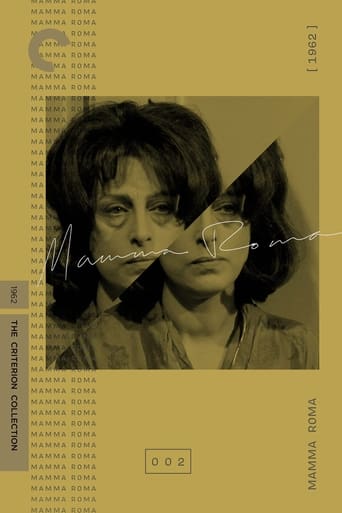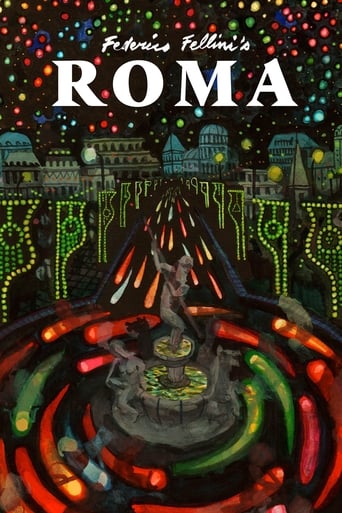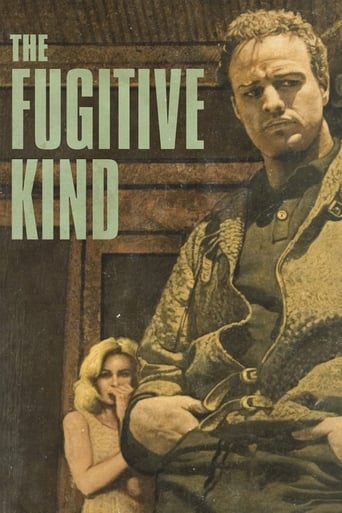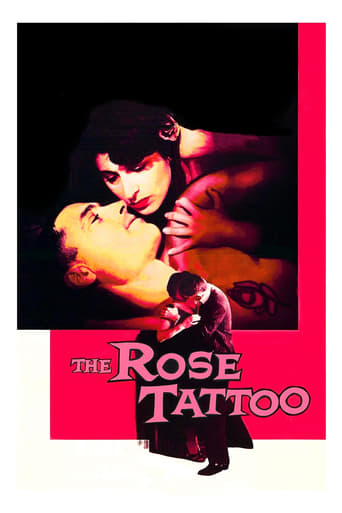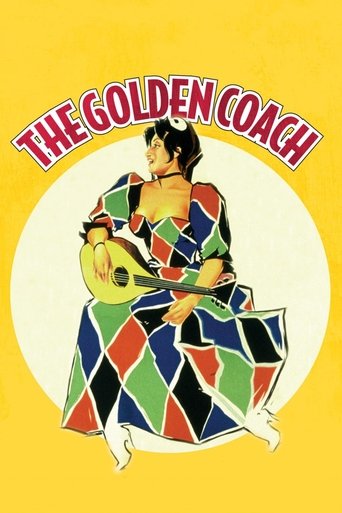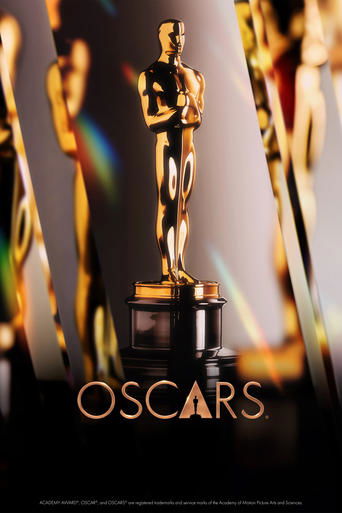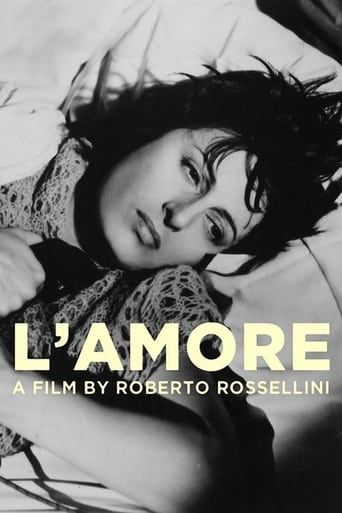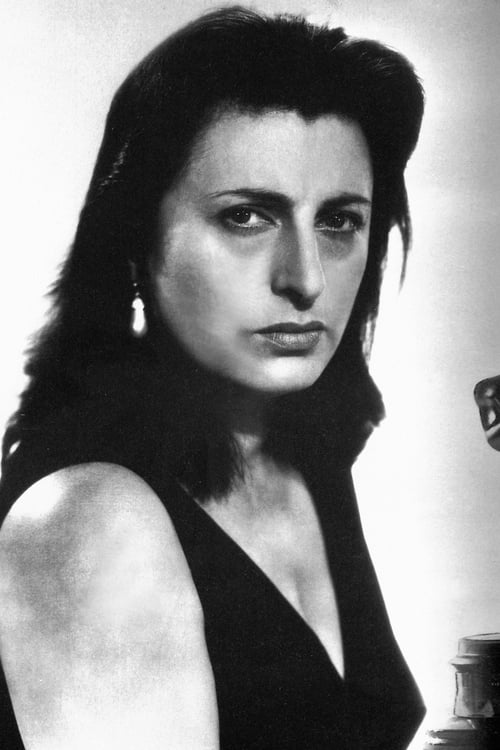
Anna Magnani
Personal Info
Known For Actor
Gender Female
Birthday 1908-03-07
Deathday 1973-09-26 (65 years old)
Place of Birth Rome, Italy
Also Known As 안나 마냐니
Anna Magnani
Biography
Anna Magnani (pronounced: mahn-YANEE; 7 March 1908 – 26 September 1973) was an Italian stage and film actress. She won the Academy Award for Best Actress, along with four other international awards, for her portrayal of a Sicilian widow in The Rose Tattoo. Born in Rome to an Egyptian father and an Italian mother, she worked her way through Rome's Academy of Dramatic Art by singing at night clubs. During her career, her only child was stricken by polio when he was 18 months old and remained crippled. She was referred to as "La Lupa," the "perennial toast of Rome" and a "living she-wolf symbol" of the cinema. Time magazine described her personality as "fiery", and drama critic Harold Clurman said her acting was "volcanic". In the realm of Italian cinema, she was "passionate, fearless, and exciting," an actress that film historian Barry Monush calls "the volcanic earth mother of all Italian cinema." Director Roberto Rossellini called her "the greatest acting genius since Eleonora Duse. Playwright Tennessee Williams became an admirer of her acting and wrote The Rose Tattoo specifically for her to star in, a role for which she received her first Oscar in 1955. After meeting director Goffredo Alessandrini she received her first screen role in La cieca di Sorrento (The Blind Woman of Sorrento) (1934) and later achieved international fame in Rossellini's Rome, Open City (1945), considered the first significant movie to launch the Italian neorealism movement in cinema. As an actress she became recognized for her dynamic and forceful portrayals of "earthy lower-class women" in such films as The Miracle (1948), Bellissima (1951), The Rose Tattoo (1955), The Fugitive Kind (1960), with Marlon Brando and directed by Sidney Lumet, and Mamma Roma (1962). As early as 1950, Life magazine had already stated that Magnani was "one of the most impressive actresses since Garbo". Description above from the Wikipedia article Anna Magnani, licensed under CC-BY-SA, full list of contributors on Wikipedia
Known For
Actor
as Self (archive footage)
as Self - Actress (archive footage)
as Self (archive footage)
as Self (archive footage)
as Camilla (archive footage)
as Self (archive footage)
as Maddalena Cecconi (archive footage) (uncredited)
as Self (archive footage)
as Self (archive footage)
as (archive footage)
as Pina (archive footage) (uncredited)
as Self (archive footage)
as (archive footage)
as Gioia (archive footage)
as Self (archive footage)
as Maddalena Natoli (archive footage)
as Serafina Delle Rose / Lady Torrance (archive footage)
as Self (archive footage)
as Self (archive footage)
as Anna Magnani
as Teresa Parenti
as Anna
as Jolanda
as Flora Torres
as Rosa
as Self
as Adelina (segment "5 'La Famiglia', episode 3")
as Josefa
as Mamma Roma
as Gioia 'Tortorella' Fabbricotti
as Lady Torrance
as Egle
as Gioa
as suor Letizia
as Self
as Serafina Delle Rose
as Anna (segment "Anna Magnani")
as Self
as Camilla
as Anita Garibaldi
as Maddalena Cecconi
as Nannina
as Maddalena Natoli
as Self
as The woman (segment "Una voce umana") / Nannina (segment "Il miracolo")
as Linda Bertoni
as Assunta Spina
as Liana, la prostituta
as Angelina Bianchi
as Gioconda Perfetti
as Lidia
as Ada
as Adele Vicarelli
as Nannina Straselli
as Pina
as Elena
as Maria Comasco, l'attrice
as Mary Dunchetti
as Elide
as Virginia
as La mondana
as Zizì
as Ninetta
as Loletta Prima
as Wanda Reni
as Ivana
as Marietta, la cameriera
as Gertrude Siriani, la sorella zitella di Tullio
as Fanny
as Pierotta
as Emilia - la cameriera
as Anna, la sua amante
Writer
as Screenplay

